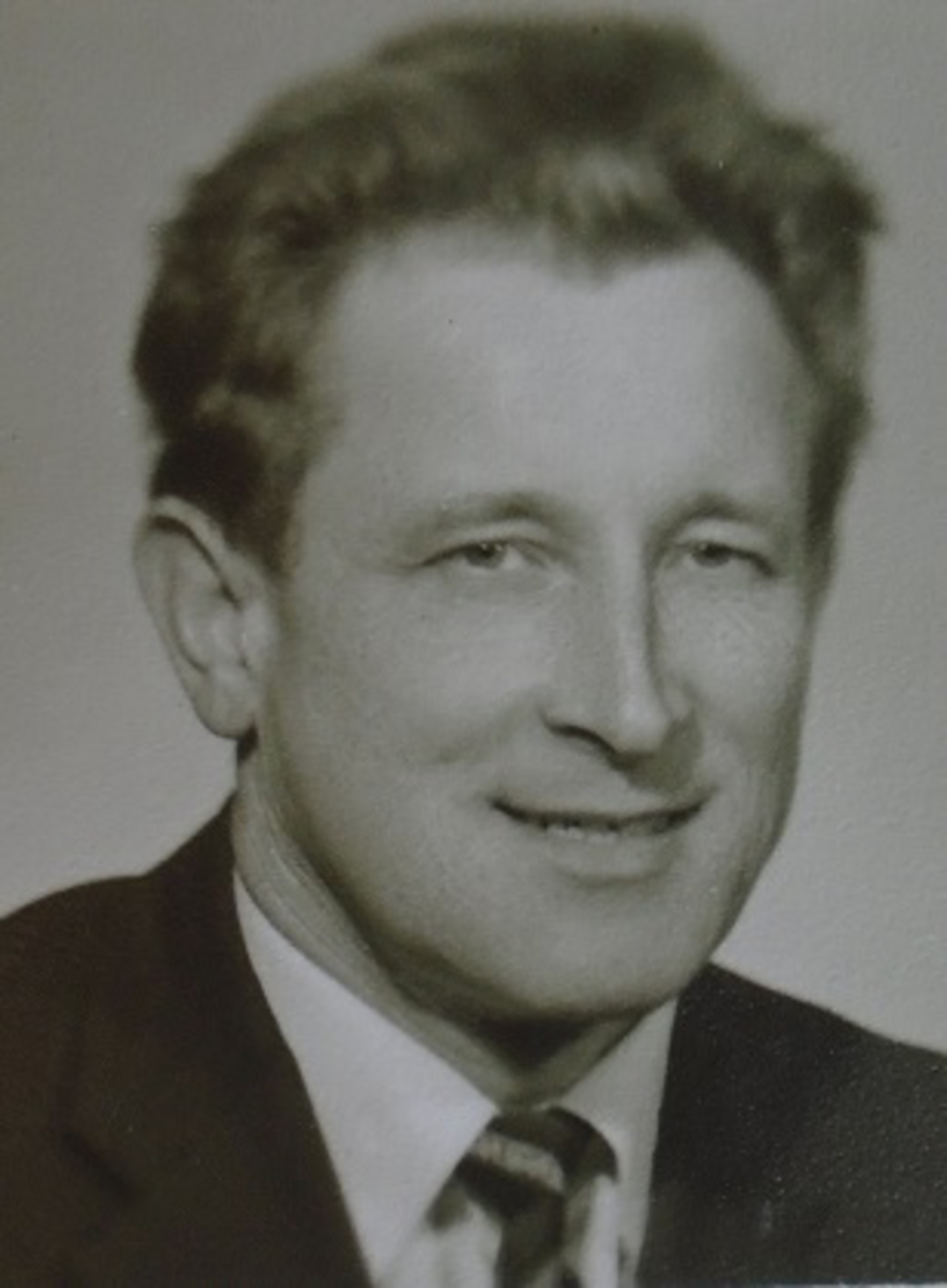Communists did not respect decent, honest, and hard-working people

Stáhnout obrázek
Bohuslav Vlasák was born August 30, 1936 in Kalná near Soutice. He was raised on the family farm and he attended the elementary school in Soutice and the higher elementary school in Trhový Štěpánov. After completing the first year of study at the agricultural school in Vlašim, he continued farming in Kalná during the period of collectivization until 1956 when he received the draft order to the army. As a so-called politically unreliable person, he did his basic military service in the Auxiliary Technical Battalions (PTP) in Bílina and in the Šumava Mountains. His mother and sister at the family farm were meanwhile persecuted by local communist officials. Bohuslav was forced to join the Unified Agricultural Cooperative (JZD) after his return from the military service. He worked at the state-owned farms in Šternov, in Trhový Štěpánov as well as at the water reservoir Želivka. He retired in 1996 and he is now lives as a widower at his native farm in Kalná. Playing the accordion has been his lifelong passion.








